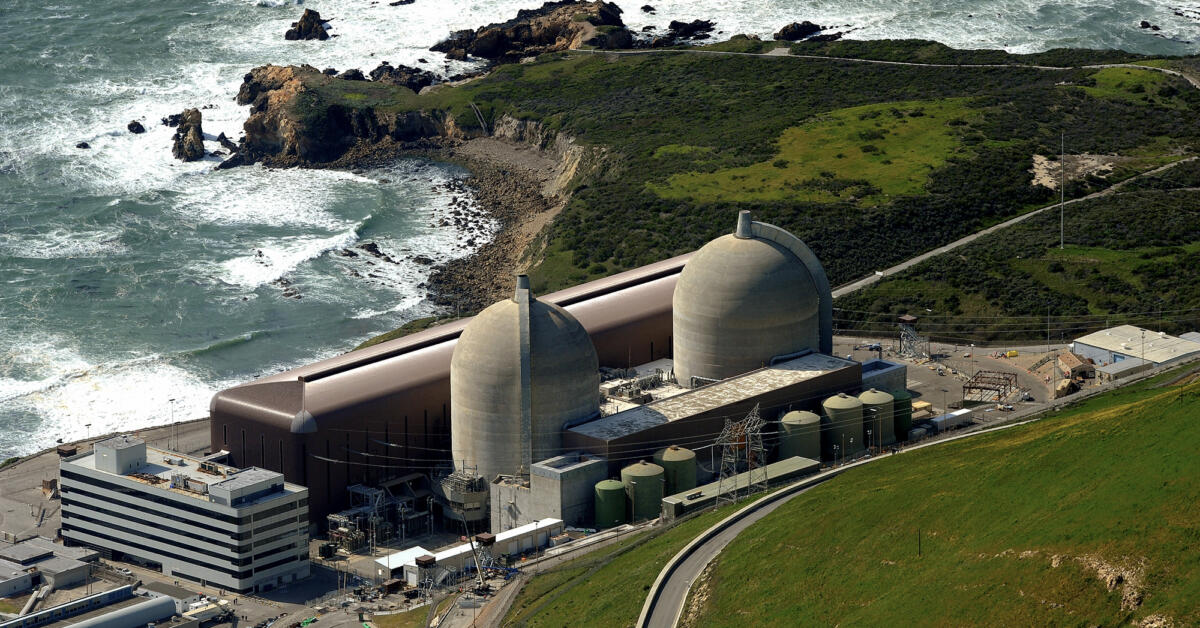- TECHSWU
- Posts
- TECHSWU
TECHSWU


In a recent tech conference, Bill Gates shared his predictions for the job market amid the rise of artificial intelligence (AI). He warns that only three professions will endure: energy, biology, and AI programming.
These fields demand a level of human insight and creativity that AI can't easily replicate. Gates emphasizes the importance of developing programming skills and digital literacy to thrive in this shifting landscape.
He envisions a future where AI unlocks personalized and effective education, while also raising crucial ethical questions about job displacement. Organizations like the World Economic Forum are advocating for policies that promote the responsible development of AI.
Gates’ perspective reminds us that, while challenges loom, embracing AI can lead to more innovative and fulfilling work opportunities. Adapting to this evolving technological landscape is essential for ensuring a balanced and equitable future for all.

In 2025, the tech industry has been hit hard with over 27,000 job cuts as companies adapt to reshaping their operations, embrace AI, and navigate rising tariffs. A staggering 100 companies, including notable names like Automattic, Block, and Siemens, have made the difficult decision to restructure, impacting 27,762 employees.
This trend highlights the ongoing challenges facing the tech sector, urging both companies and workers to adapt to an evolving landscape. As the industry shifts, innovations and updates persist elsewhere, like Google Maps cracking down on fake 5-star reviews and WhatsApp introducing exciting new features.


Exciting news for iPhone users! With the latest update to iOS 18, you can now send RCS (Rich Communication Services) messages to your Android friends, bridging the gap like never before. To get started, simply ensure your device is updated, check with your carrier for support, and enable RCS in your Messages settings.
Say goodbye to the limitations of traditional SMS and enjoy enhanced features like read receipts, high-quality images, and typing indicators in your conversations. This upgrade not only enriches your messaging experience but also elevates connectivity among different devices.

In the fast-evolving world of AI, ZDNet has spotlighted the top 20 tools of 2025, ranked by popularity and market presence. The analysis reflects the rise of familiar names like ChatGPT and Canva, which dominate user engagement, alongside surprising contenders like DeepL outpacing Google Translate.
David Gewirtz meticulously crafted an index by aggregating multi-source data, illuminating the dynamic landscape of AI tools while emphasizing a critical reminder: use AI as a tool, not a crutch. The takeaway? Knowing when to rely on AI or stick to traditional methods can save time and enhance reliability.
As AI continues to reshape our workflows, the conversation about its effectiveness and application remains essential.

In a thought-provoking discussion, OpenAI’s Will Depue reveals how AI is set to redefine education, impacting students in vastly different ways. Speaking on the TBPN podcast, he notes that while AI can enhance learning, it may exacerbate the performance gap between students.
Depue asserts that weaker students might fall behind, while top performers could become "overpowered," leveraging AI to boost their intelligence significantly. Drawing from personal experiences, he acknowledges the potential of AI tools like ChatGPT to deepen understanding and knowledge.
However, he warns that without equitable access, the advantages of AI could further amplify existing disparities. As businesses like Shopify emphasize AI proficiency, educational institutions face the urgent task of addressing this widening gap and ensuring that all students benefit from technological advancements.
The future of learning hinges on the responsible deployment of AI, balancing enrichment for high achievers with support for those who struggle.

Colossal Biosciences has stirred excitement (and skepticism) by claiming to revive the long-extinct dire wolf. Nestled within a secured preserve, this Texas-based biotech company has introduced three striking, snow-white canines, reportedly the result of genetic edits and cloning from gray wolf cells—a bold leap into the realm of “de-extinction.
” While the brand’s founder emphasizes that they’re not hoping to profit from these creatures, critics, including noted scientists, argue that these wolves are more of a modified gray wolf than true dire wolves. The ambitious endeavor also aims to spotlight the potential of biotechnology in conservation.
Despite the doubts cast by geneticists who question the scientific integrity behind the project, Colossal's marketing strategy—including a planned docuseries—hints at a future filled with intrigue and buzz, reminiscent of popular culture’s fascination with mythical beasts.

California's Diablo Canyon nuclear power plant is breaking new ground by integrating artificial intelligence for the first time. The partnership with startup Atomic Canyon aims to streamline document management, helping employees navigate vast regulatory texts that span decades.
This initiative, powered by cutting-edge NVIDIA technology, is currently focused on aiding detailed searches and data retrieval rather than operational decision-making. Although the response has generally been positive, concerns about safety and future AI applications loom large among lawmakers and experts, sparking calls for increased regulation.
The tool, named Neutron Enterprise, is expected to enhance efficiency significantly, cutting down the extensive hours spent on document browsing. While the immediate aim is purely supportive, there's an open conversation about the potential expansion of AI's role in nuclear energy.
This innovative step serves as both a testament to technological advancement and a reminder of the need for caution in sensitive industries.